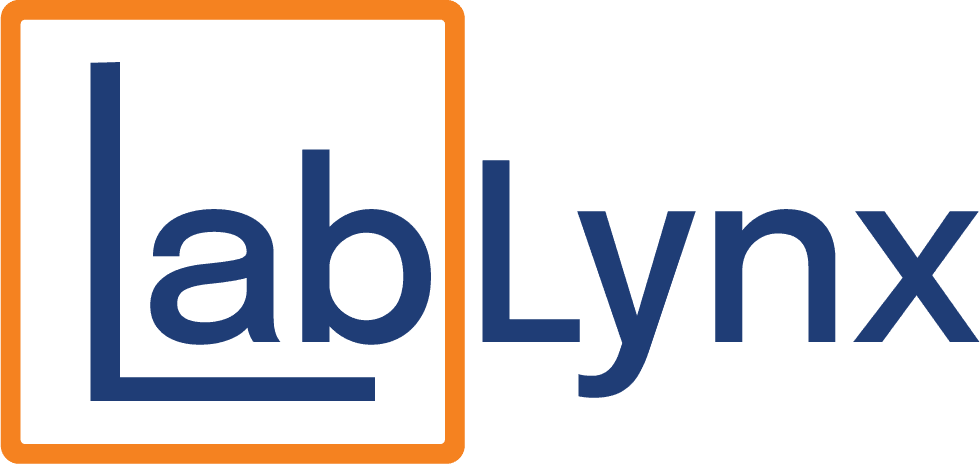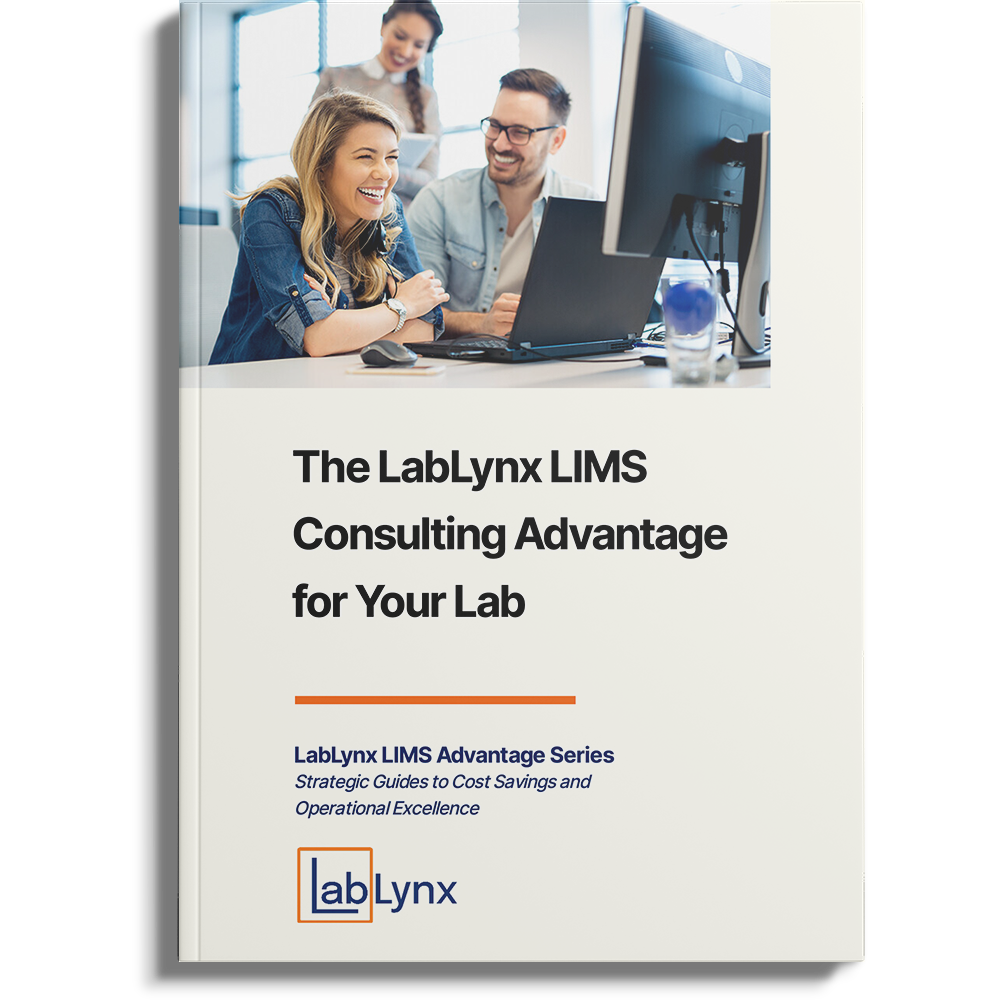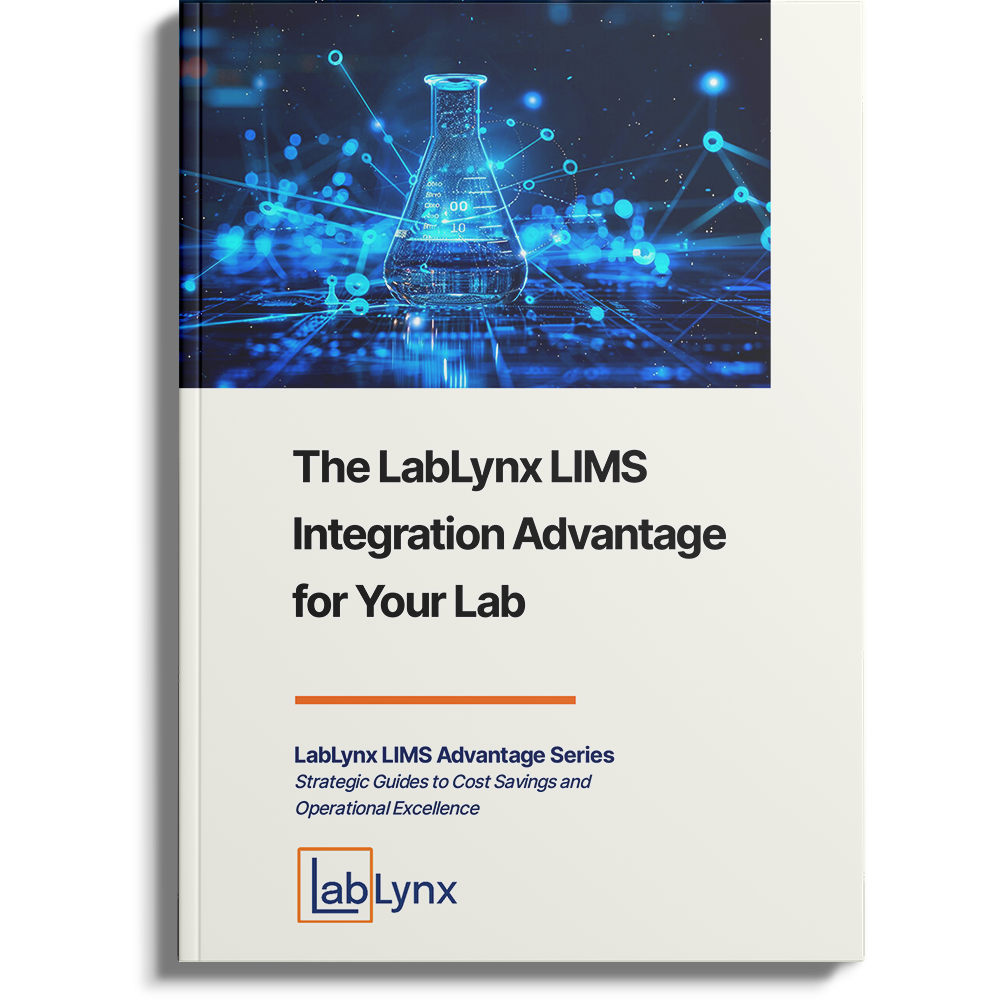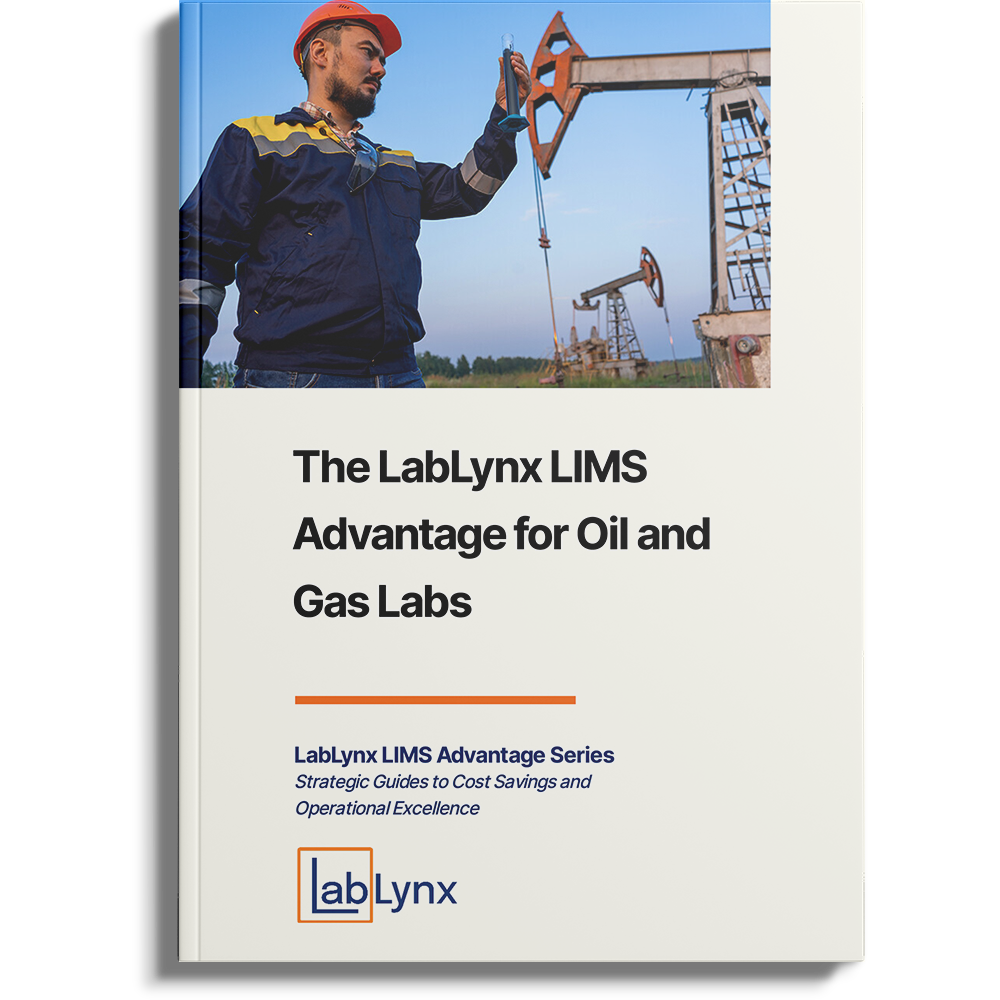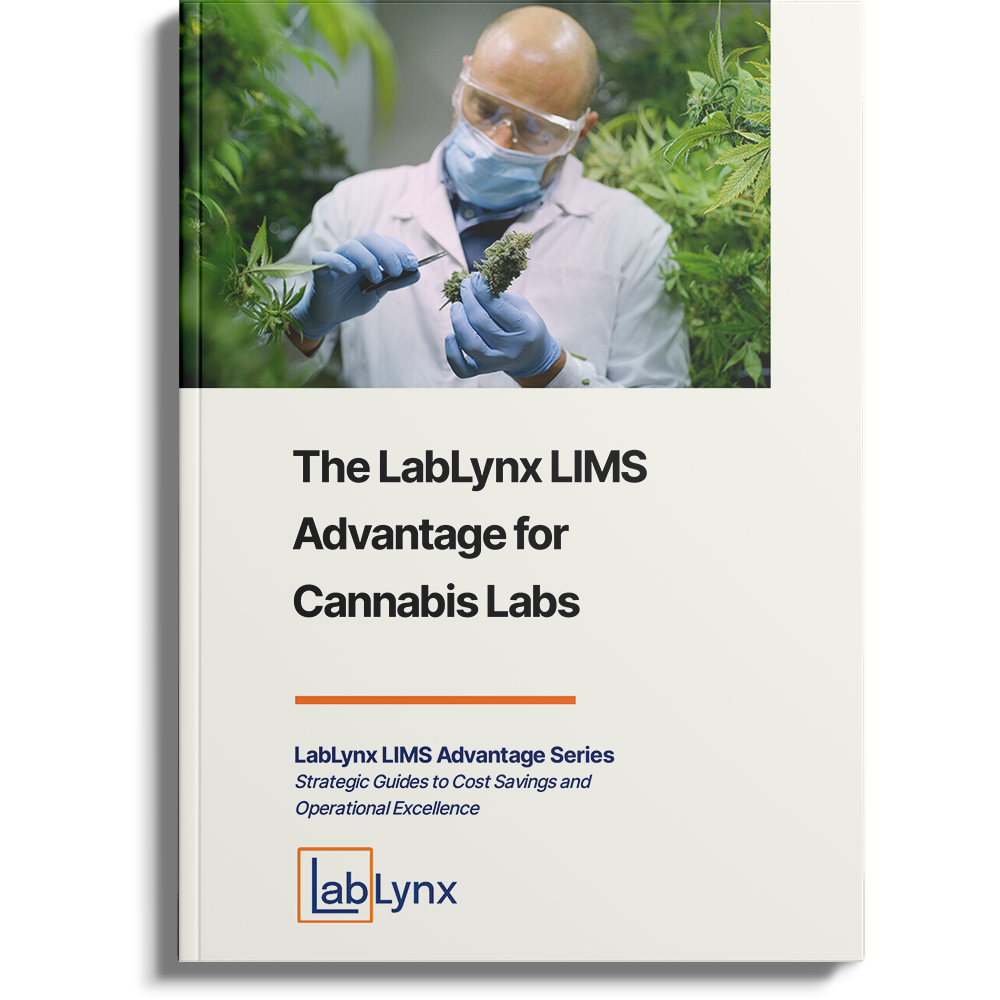This content has been archived. It may no longer be relevant
Antibody testing will become more important as vaccines start to bring the COVID-19 pandemic under control. New serology tests with high specificity for SARS-CoV-2 not only confirm past infections or immunizations but also quantitatively measure antibody concentrations. These capabilities enable widespread antibody surveillance, plasma screening programs, epidemiological research and other efforts to contain the pandemic. Laboratories that can bring antibody testing services online quickly will be well positioned to support epidemiological surveys, plasma screening programs and other efforts in the fight against COVID-19.
Limitations of Antibody Testing in 2020

The importance of antibody testing today stands in stark contrast to mid-2020 when regulators cracked down on unreliable antibody tests. While a few cases may have been fraudulent, in many instances the design or marketing of these tests had not kept pace with our understanding of SARS-CoV-2. Initial hopes that antibody testing would be a quick, affordable way to diagnose infections were dashed as we learned more about the virus. Antibodies like IgG and IgM develop in serum two to three weeks after the onset of symptoms — much too late for clinical diagnosis.
Until recently, FDA-authorized laboratory and rapid antibody tests were limited to qualitative assays. In some cases, these tests had relatively low specificities and could not reliably distinguish between SARS-CoV-2, the common cold and other coronaviruses. Furthermore, the tests only indicated positive, negative or intermediate results.
Today’s Antibody Tests Create New Opportunities

By the end of 2020, the Roche Elecsys® Anti-SARS-CoV-2 S test and other quantitative assays began receiving FDA Emergency Use Authorizations. Not only are these assays highly accurate and specific to antibodies generated by SARS-CoV-2 but they also detect antibodies in patient samples more than one hundred days after a PCR-based diagnosis.
Despite these new capabilities, tests like Elecsys Anti-SARS-CoV-2 S remain unsuitable for patient-specific testing. The relationship between antibody load and immunity is still poorly understood. As a result, these tests cannot evaluate individual immunity. The delay between infection, symptom onset and antibody development remains an issue for diagnostic uses, but there are a few appropriate edge cases. When patients present acute symptoms or complications late, antibody tests can complement direct viral detection methods.
Antibody Screening for Convalescent Plasma Treatments
Serological tests are also useful when screening blood donations for convalescent plasma treatments. Some research has indicated that high titer COVID-19 convalescent plasma can reduce the severity of the disease when administered shortly after infection. However, clinical trials have not confirmed the effectiveness of the treatment. As a result, the FDA has not formally approved convalescent plasma treatments. The regulator did issue an EUA for convalescent plasma treatment in August 2020 because the potential benefits to patients with severe COVID-19 symptoms far outweigh the treatment’s low risks.
The American Red Cross and other blood services organizations are asking recovered COVID-19 patients to support this therapy option through blood donations. The collected blood and resulting plasma must pass the traditional screening processes. The FDA also requires testing specific to COVID-19:
- All plasma donations must be tested by registered or licensed blood establishments for anti-SARS-CoV-2 antibodies as a manufacturing step to determine suitability before release.
- Plasma units that meet the specific testing requirements for SARS-CoV-2 antibodies described in the EUA qualify as either high titer or low titer COVID-19 convalescent plasma.
Similar requirements apply when administering COVID-19 convalescent plasma as an investigational new drug application (IND).
Antibody Tests Chart a Course to Herd Immunity
The most useful application of these new antibody tests, however, is in managing the pandemic response. Antibody tests will help public health officials and epidemiologists study the proportion of the population that is potentially protected due to past infection or immunization.
The US Centers for Disease Control and Prevention (CDC) has several serology survey programs underway. State health officials in all fifty states and Puerto Rico contribute more than 100,000 samples per month to the Multistate Assessment of SARS-CoV-2 Seroprevalence in Blood Donors program. This national survey will help CDC and state officials understand the prevalence of SARS-CoV-2 antibodies and how it changes over time. Other surveys take deeper dives into antibody spread within specific geographies or among special populations such as frontline medical workers.
Antibody testing is not limited to national programs. Healthcare systems in Hawaii use antibody tests to track the spread of asymptomatic COVID-19 among their employees. The results do not change PPE policies and other measures to combat the disease. Rather, antibody testing helps evaluate safety measures and the virus’ spread in the broader community.
How Labs Can Pivot to Antibody Testing
When the COVID-19 pandemic arrived, testing labs across the country scrambled to offer high-volume molecular testing services. Labs pivoted again as workplace and school screening programs required high-volume rapid antigen testing services. The emerging demand for antibody testing creates another opportunity for labs to support the pandemic response. But have laboratories learned the lessons from 2020 and do they have the systems needed to make this latest pivot quickly?
Ad hoc responses that layer on top of a laboratory’s existing processes may let labs offer services quickly. Yet get-it-done approaches often create more problems than they solve. Paper and spreadsheet tracking of samples and makeshift reporting leads to errors, slows turn-around times and reduces throughput.
Testing labs need to take a more comprehensive approach to test data management. This growing need is why LabLynx, Inc. created COVIDLiMS. They optimized an industry-leading laboratory information management system for the constantly-evolving demands of COVID-19 testing. Deployable in as little as a week, COVIDLiMS is pre-populated with tests, assays and workflows for COVID-19 molecular, rapid antigen and antibody testing. COVIDLiMS also offers the report templates labs need to comply with state and federal reporting requirements. LabLynx provides a constant stream of updates as new tests receive EUAs and as the FDA modifies the workflows and reporting requirements of existing EUAs.
Laboratories can customize COVIDLiMS to their own needs. Using LabLynx’s sample information collection kit (C-SiC Kit), labs can automate data management from the point of collection. LabLynx also helps labs integrate their instruments and analysis systems into COVIDLiMS’ cloud database. Instruments can feed test results directly to the database to create a single source of truth for performance monitoring and test reporting.
Because COVIDLiMS is based on LabLynx’s industry-agnostic laboratory information management system, labs can extend COVIDLiMS to support their traditional testing services. Labs reap the same benefits from better accuracy and compliance through faster turn-around times. As a result, COVIDLiMS boosts laboratories’ performance and delivers long-term returns on their investment.
Expanding services to COVID-19 molecular testing and then antigen testing and then antibody testing is just one example of how laboratories must be responsive to the rapidly-changing demands of the COVID-19 pandemic. Emerging variants of concern may require quick changes to assays and workflows — especially if vaccine effectiveness declines. And since SARS-CoV-2 will not be the last global pandemic, laboratories must be ready to meet the challenge of other infectious diseases.
Laboratories need the flexibility and responsiveness that COVIDLiMS enables. Visit COVIDLiMS.com for more information or contact LabLynx at sales@lablynx.com, 866-LABLYNX (522-5969).
References:
- https://www.reuters.com/article/uk-health-coronavirus-eu-tests-insight-idUKKBN23I0PZ
- https://www.cdc.gov/coronavirus/2019-ncov/lab/resources/antibody-tests-guidelines.html
- https://www.fda.gov/news-events/press-announcements/fda-issues-emergency-use-authorization-convalescent-plasma-potential-promising-covid-19-treatment
- https://www.redcrossblood.org/donate-blood/dlp/plasma-donations-from-recovered-covid-19-patients.html
- https://www.fda.gov/regulatory-information/search-fda-guidance-documents/investigational-covid-19-convalescent-plasma
- https://www.fda.gov/medical-devices/coronavirus-disease-2019-covid-19-emergency-use-authorizations-medical-devices/eua-authorized-serology-test-performance
- https://www.roche.com/media/releases/med-cor-2020-12-02.htm
- https://www.cdc.gov/coronavirus/2019-ncov/covid-data/serology-surveillance/index.html
- “Multistate Assessment of SARS-CoV-2 Seroprevalence in Blood Donors” – US Centers for Disease Control and Prevention
- https://www.hawaiinewsnow.com/2020/09/22/hawaii-hospitals-use-antibody-testing-better-understand-spread-covid-/
- https://www.covidlims.com/how-labs-can-get-involved-in-covid-screening-programs/
- https://www.covidlims.com/covid-19-testing-reporting-and-information-management-in-the-laboratory/
- https://www.fda.gov/media/141477/download
